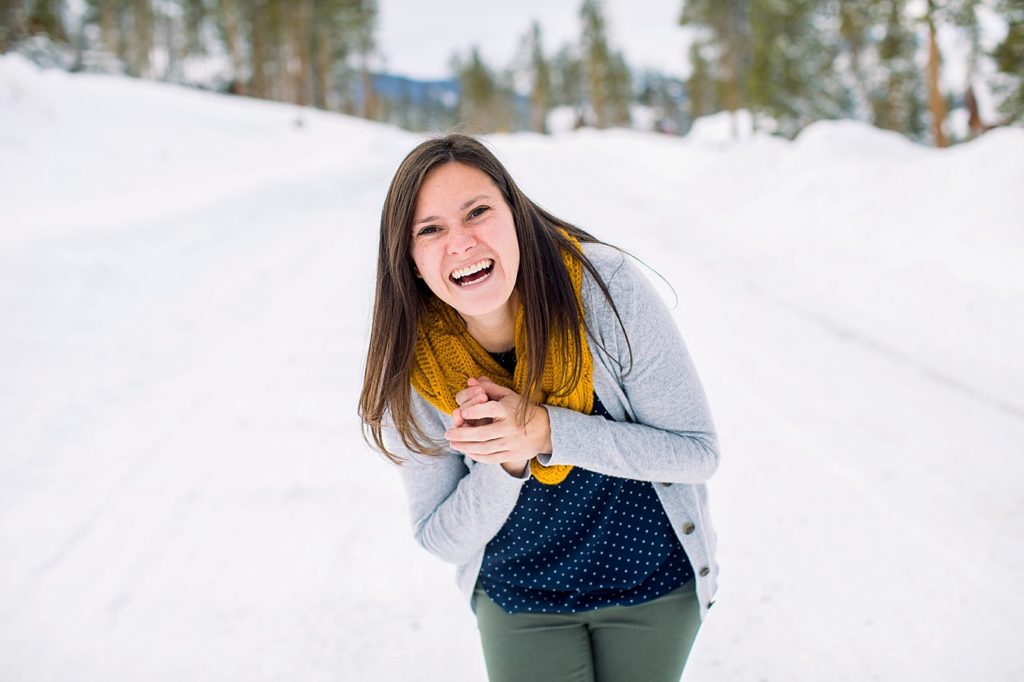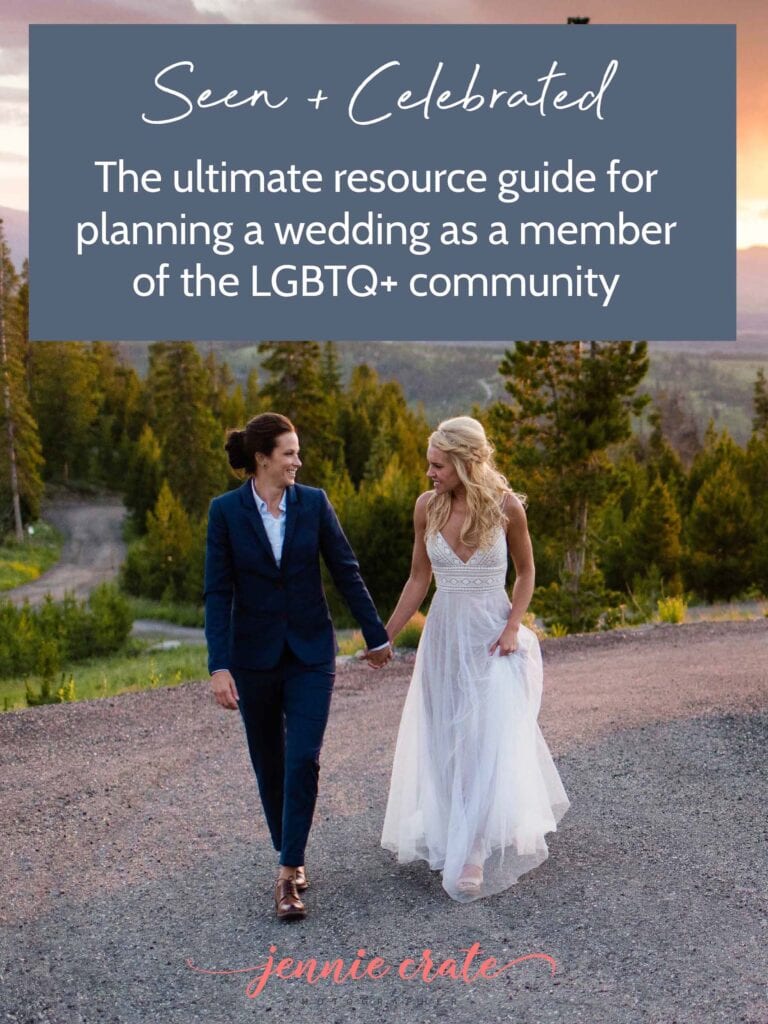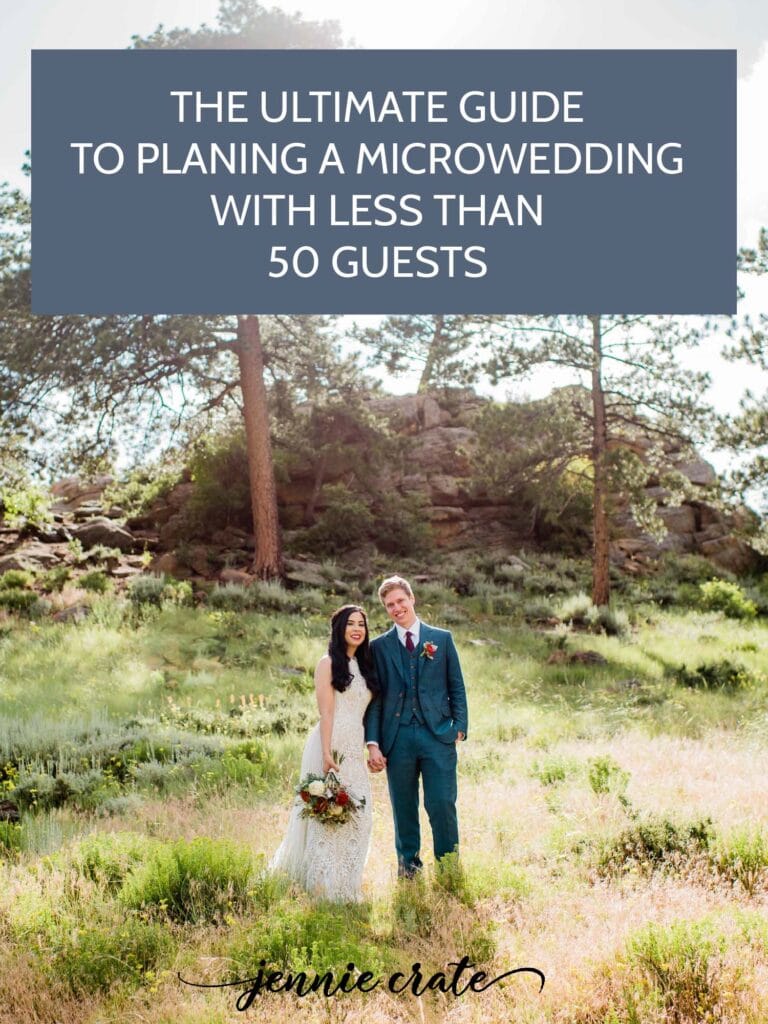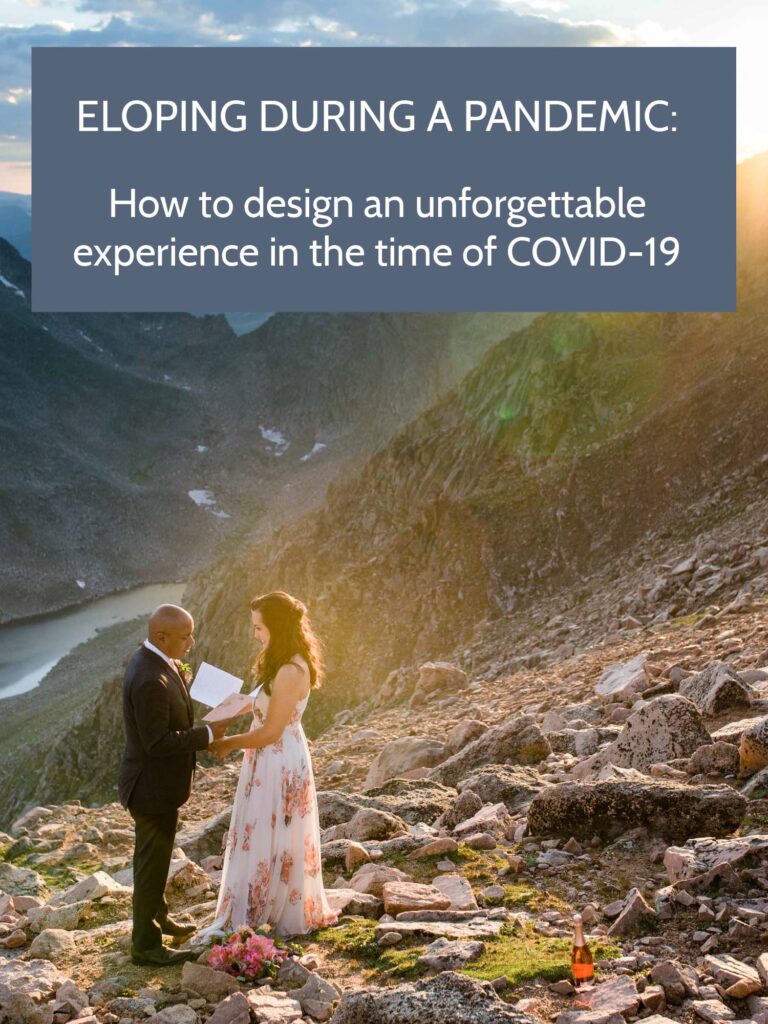How to Tell If A Wedding Vendor is LGBTQ Inclusive | LGBTQ Wedding Planning
As a member of the LGBTQ+ community, a professional Colorado wedding photographer, and 1/2 of a married couple, I feel like I have a lot of knowledge about navigating wedding planning as a queer person. I hope these resources can be of use to you during your wedding planning!
Up first, finding LGBTQ+ inclusive wedding vendors.
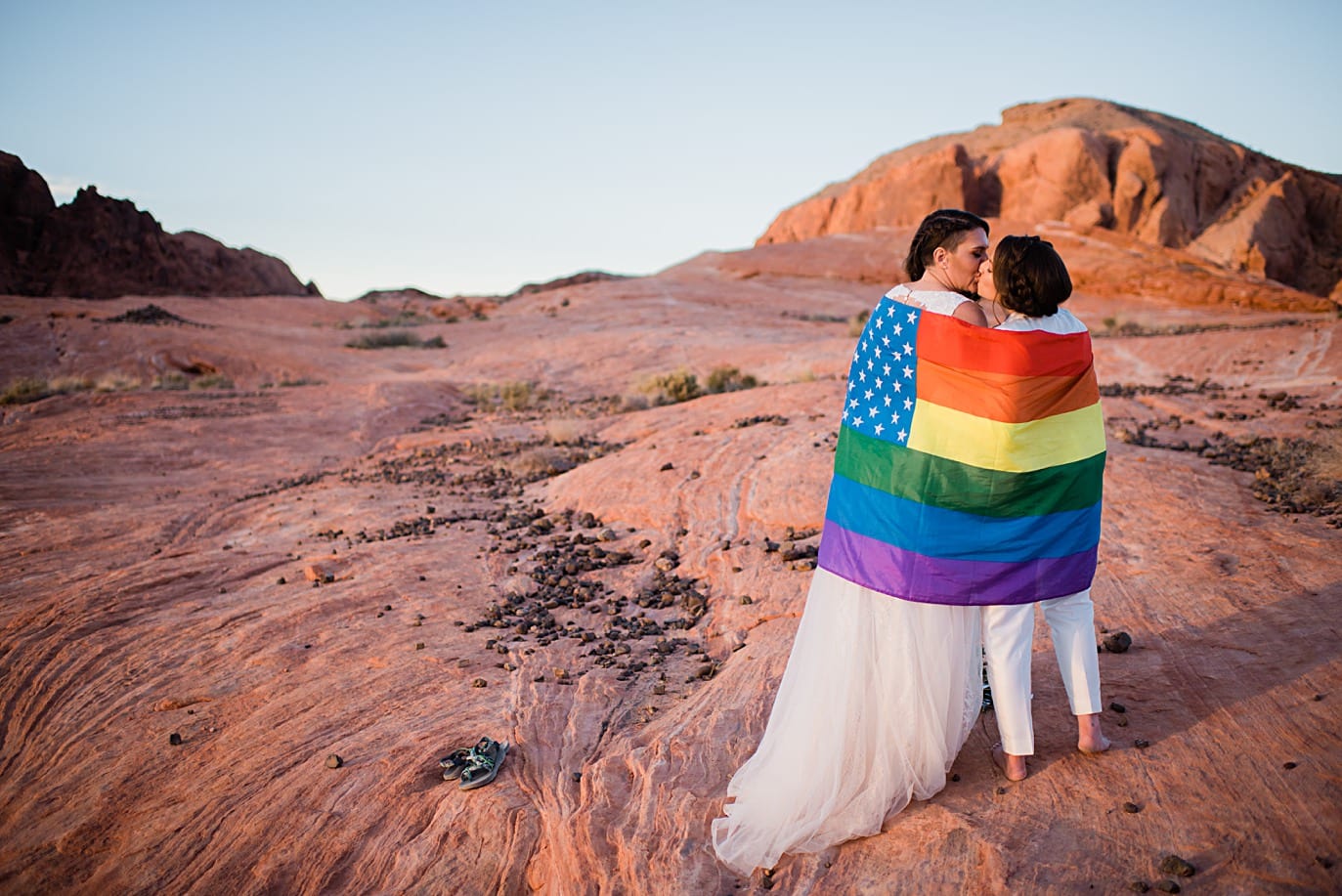
A back story
My wife and I were living in northern VA when we got engaged in 2008. Back then (boy do I make myself sound old!), there were only a handful of states where we could legally get married. And while we knew that we could celebrate and “marry” anywhere, we wanted to make it as official as any straight couple could. After weighing the short list of options, we decided that California was the best fit for us.
But then three weeks later California voters passed Proposition 8 (which made same-sex marriage illegal in the state) and we were stunned. We didn’t know what to do.
Ultimately we decided to continue to plan our wedding for California, but get legally married at a courthouse somewhere beforehand. However, because we were now going to be planning a wedding in a state where our marriage wouldn’t be recognized, we were suddenly much more skeptical of the experience we would have during the planning process.
So then what?
At the time, LGBTQ+ marriages weren’t as visible as they are today. So we found ourselves in the position of coming out to every single vendor we talked to. We were constantly wondering if they would be accepting of us or if we would be turned away or ignored. I actually vividly remember one of our possible vendors asking us “Does it matter if I’ve never photographed a same-sex wedding?” (insert facepalm). Needless to say we didn’t hire them.
Luckily, support for our community is growing day by day.
And there are numerous ways to tell if a vendor is supportive before you even contact them.
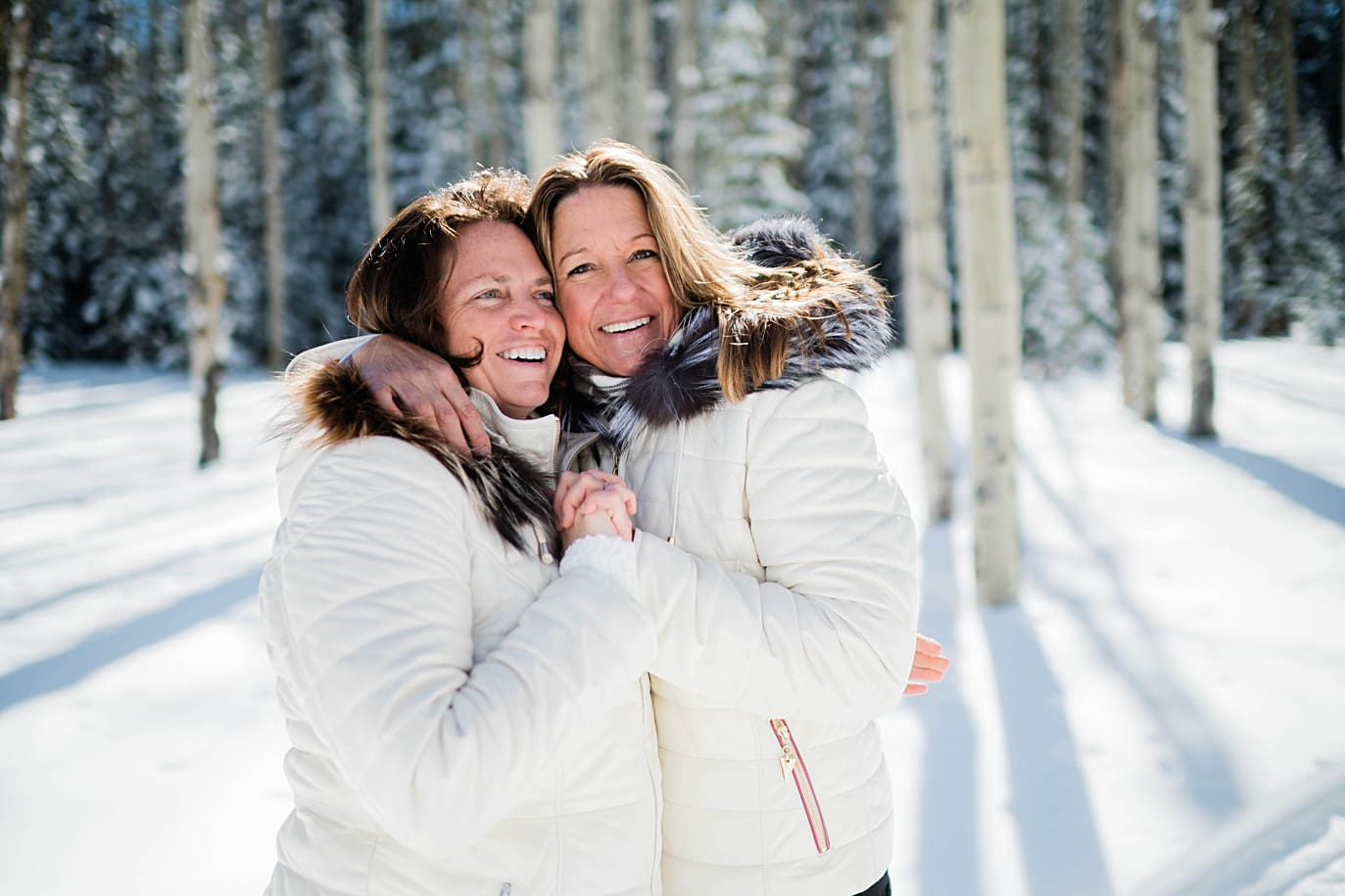
How to tell if a wedding vendor is LGBTQ+ inclusive
- Are there any LGBTQ+ couples on their website?
If they’re truly accepting of the community, they will find some way to put LGBTQ+ content on their site. Even if they’re just styled sessions (meaning it wasn’t a real wedding day), the presence of those sessions shows that they have a desire to work with the community. If you see no evidence of LGBTQ+ sessions then they either aren’t supportive, or they don’t care enough about being inclusive to prioritize sourcing content. That’s a good sign you should look elsewhere. - Do they make any specific statements about the LGBTQ+ community on their website?
If a vendor doesn’t have content and images on their site that show sessions with LGBTQ+ couples, they should AT LEAST have a statement showing their support for the community. And I believe that this statement should be visible and specific. You shouldn’t be trying to read between the lines to determine their feelings about you and your relationship. - Do they include appropriate relationship identifiers when talking about their couples?
Do you see countless references to “bride and groom” on a vendor’s site? Does the author go on and on about their ideal “bride”? Vendors who have an understanding of the LGBTQ+ community will avoid out-dated traditional definitions and vocabulary. Not only should this dated language be absent on their site, but across their Contact page and their contracts, too. - Are there any mentions of pronouns on their site?
Pronouns are one area of identity that I feel are severely lacking on wedding industry websites. Places you should look for pronoun call outs are About pages, Contact forms, and FAQ’s. If you find pronoun identifiers for the vendor, or if you’re asked about your pronoun preferences, it’s a pretty safe bet that your vendor will be sensitive to the identity you use. I make it a point to never assume pronouns until a couple has self-identified. I try to make it easy for them to share their identity with me. - Are the vendors themselves part of the LGBTQ+ community?
I know many LGBTQ+ couples planning a wedding are eager to support other members of the community. Now, I would never judge someone for choosing not to be out in their business (that’s a very personal decision to make), but if finding an out vendor is important there are ways to start the search.Search for self-identifying language or statements on the vendor’s About page, Home page, or FAQ’s. Finding these vendors may be a challenge on Google. Bt Facebook pages and community groups can be a great starting place for recommendations. As an added bonus, working with members of the community means that you’ll have some common perspective to share with each other.
- “I’m in love with a vendor’s work, but I can’t tell if they’re LGBTQ+ friendly. What do I do?” Unfortunately, sometimes you have to ask the awkward and hard question to get at the answer to this. I think asking the straightforward question is the best way to get your answer. Ask “How do you feel about working with an LGBTQ+ couple?” Hopefully, they are excited about the prospect of working with you!
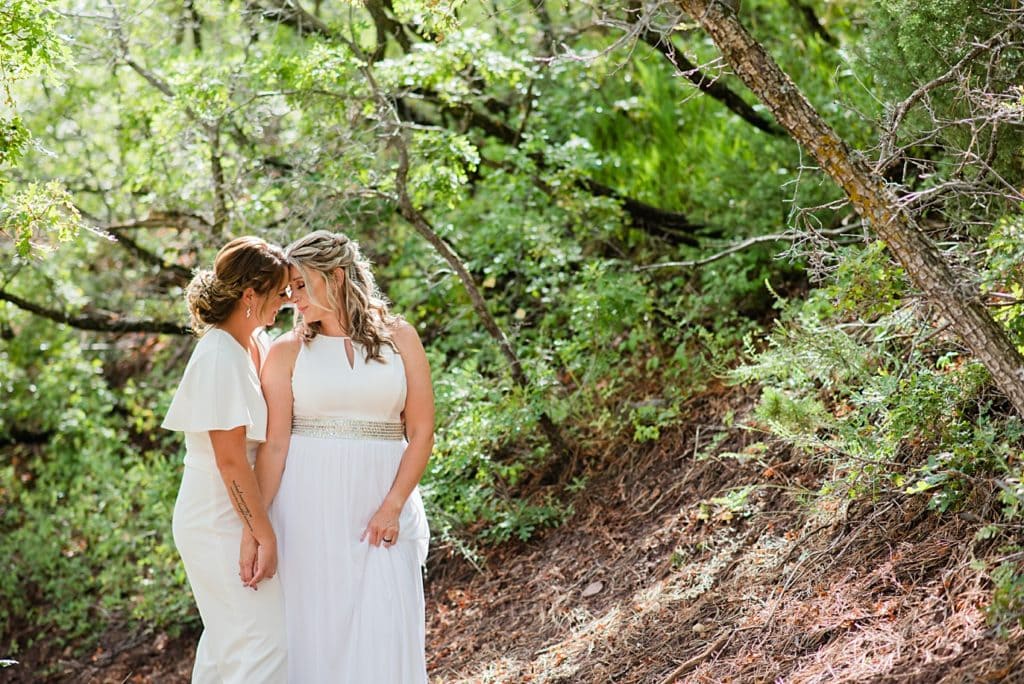
Need recommendations for other Colorado LGBTQ+ Inclusive Wedding vendors? I can help there too! Check out my sister site LGBTQ I Do
You might also be interested in:
The Guide to LGBTQ+ Wedding Suits and Attire
Navigating Family Dynamics in Wedding Planning
Religion, Faith, and Your LGBTQ+ Wedding
Ready to chat about your own wedding? Contact me or fill out the form below. I’d love to get to know you and learn about your story!

